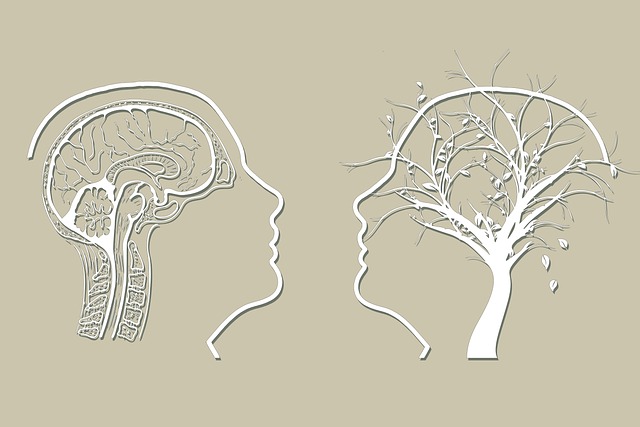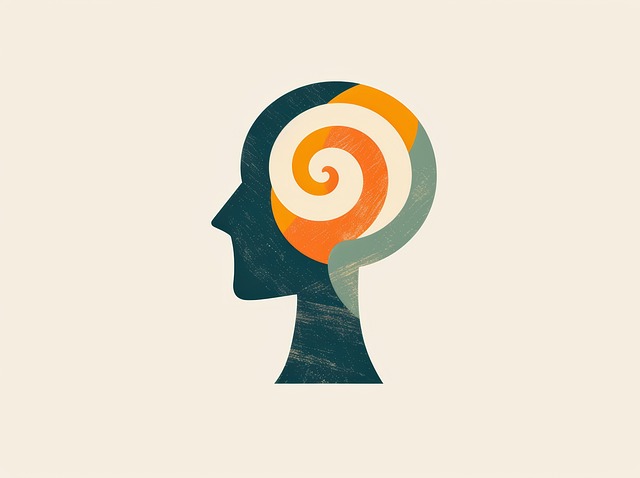Mental wellness is a critical yet often overlooked aspect of cancer care, as recognized by Longmont Cancer Issues Therapy (LCIT). By integrating tailored Mental Health Education Programs, LCIT empowers patients to build resilience and manage stress, anxiety, and depression effectively alongside physical treatment. The current digital landscape lacks personalized self-assessment tools for cancer patients, leading to misdiagnosis or delayed intervention. LCIT is developing culturally sensitive, comprehensive self-assessment tools focusing on emotional healing, coping mechanisms, and social connections. These tools, implemented through community outreach programs, offer personalized insights, revolutionizing therapy by enabling mental healthcare professionals to provide tailored treatments, fostering emotional intelligence and crisis intervention guidance within the community.
Mental wellness self-assessment tools play a pivotal role in cancer care, especially within specialized therapies like Longmont Cancer Issues Therapy. This article explores the crucial aspect of understanding mental wellness and its profound impact on cancer patients’ journeys. We highlight existing challenges in self-assessment tools, emphasizing the need for effective solutions. Through a structured approach, we delve into designing, implementing, evaluating, and continuously improving these tools to enhance patient outcomes in Longmont Cancer Issues Therapy.
- Understanding Mental Wellness and Its Relevance in Cancer Care
- Identifying the Gap: Current Challenges in Self-Assessment Tools
- Designing Effective Self-Assessment Tools for Longmont Cancer Issues Therapy
- Implementation, Evaluation, and Continuous Improvement Strategies
Understanding Mental Wellness and Its Relevance in Cancer Care

Mental wellness is a crucial aspect of overall health, especially for individuals navigating cancer care. Longmont Cancer Issues Therapy recognizes that emotional well-being plays a significant role in a patient’s journey, often as impactful as the physical treatment itself. Understanding and addressing mental health concerns can significantly enhance the quality of life during and after cancer therapy.
The relevance of mental wellness in cancer care cannot be overstated. It involves more than just managing symptoms; it focuses on building emotional resilience, fostering inner strength development, and providing effective coping strategies. By integrating Mental Health Education Programs Design tailored to cancer patients, healthcare professionals can empower individuals to manage stress, anxiety, and depression effectively. This holistic approach ensures that patients not only survive but thrive during their cancer treatment and beyond, emphasizing the importance of emotional regulation in overcoming challenging health issues.
Identifying the Gap: Current Challenges in Self-Assessment Tools

The current landscape of mental wellness self-assessment tools presents several gaps and challenges that require attention, especially in addressing unique issues like those pertaining to Longmont cancer issues therapy. While numerous digital platforms offer self-assessment options, many are designed with a one-size-fits-all approach, failing to cater to the diverse needs of individuals dealing with specific health conditions or undergoing specialized treatments. This lack of personalization can significantly impact the accuracy and effectiveness of initial mental health evaluations.
For instance, patients navigating cancer care often experience complex emotional journeys, from anxiety and fear to depression and adjustment disorders. Existing tools might not adequately capture these nuanced changes, leading to potential misdiagnosis or delayed intervention. Moreover, the incorporation of positive thinking exercises and self-esteem improvement strategies is essential but has been largely overlooked in current assessments. Mental health professionals also face a risk assessment challenge, as traditional tools may not account for the unique risks and factors associated with cancer patients’ mental wellness.
Designing Effective Self-Assessment Tools for Longmont Cancer Issues Therapy

Developing self-assessment tools tailored for Longmont Cancer Issues Therapy can significantly enhance patient engagement and outcomes. These tools should be designed to capture individuals’ unique experiences, incorporating cultural sensitivity in mental healthcare practice to cater to diverse communities. By integrating questions that delve into emotional healing processes, coping mechanisms, and support systems, the assessments become more comprehensive.
A well-crafted self-assessment for Longmont Cancer Issues Therapy might include sections on managing stress, dealing with side effects, and maintaining social connections. Incorporating a Community Outreach Program Implementation strategy can ensure these tools reach those in need, fostering inclusivity and accessibility. Such tools have the potential to revolutionize therapy by providing personalized insights, enabling mental healthcare professionals to tailor treatments effectively.
Implementation, Evaluation, and Continuous Improvement Strategies

The development of self-assessment tools for mental wellness is an iterative process that requires careful planning and execution. Once crafted, these tools must be implemented within a supportive environment to ensure their effectiveness. Longmont Cancer Issues Therapy (LCIT) can facilitate this by integrating assessment tools into existing programs, ensuring accessibility and comfort for participants. Proper evaluation is then crucial to measure the impact and utility of the assessments; LCIT should employ qualitative and quantitative methods to gather feedback from users and assess the tool’s alignment with its intended goals.
Continuous improvement is a key strategy in this process. By analyzing evaluation data, LCIT can identify areas for enhancement, whether refining questions for clarity or incorporating additional resources based on identified gaps. This ongoing refinement ensures that self-assessment tools remain relevant and impactful over time, fostering emotional intelligence, resilience building, and crisis intervention guidance within the community.
The development of mental wellness self-assessment tools is a pivotal step in enhancing cancer care, especially within the context of Longmont Cancer Issues Therapy. By addressing the identified gaps and designing effective tools, we can ensure personalized and holistic support for patients’ mental health journeys. Implementation strategies that involve healthcare professionals and patient feedback are crucial for evaluation and continuous improvement, ultimately leading to better outcomes and a more compassionate care environment.













